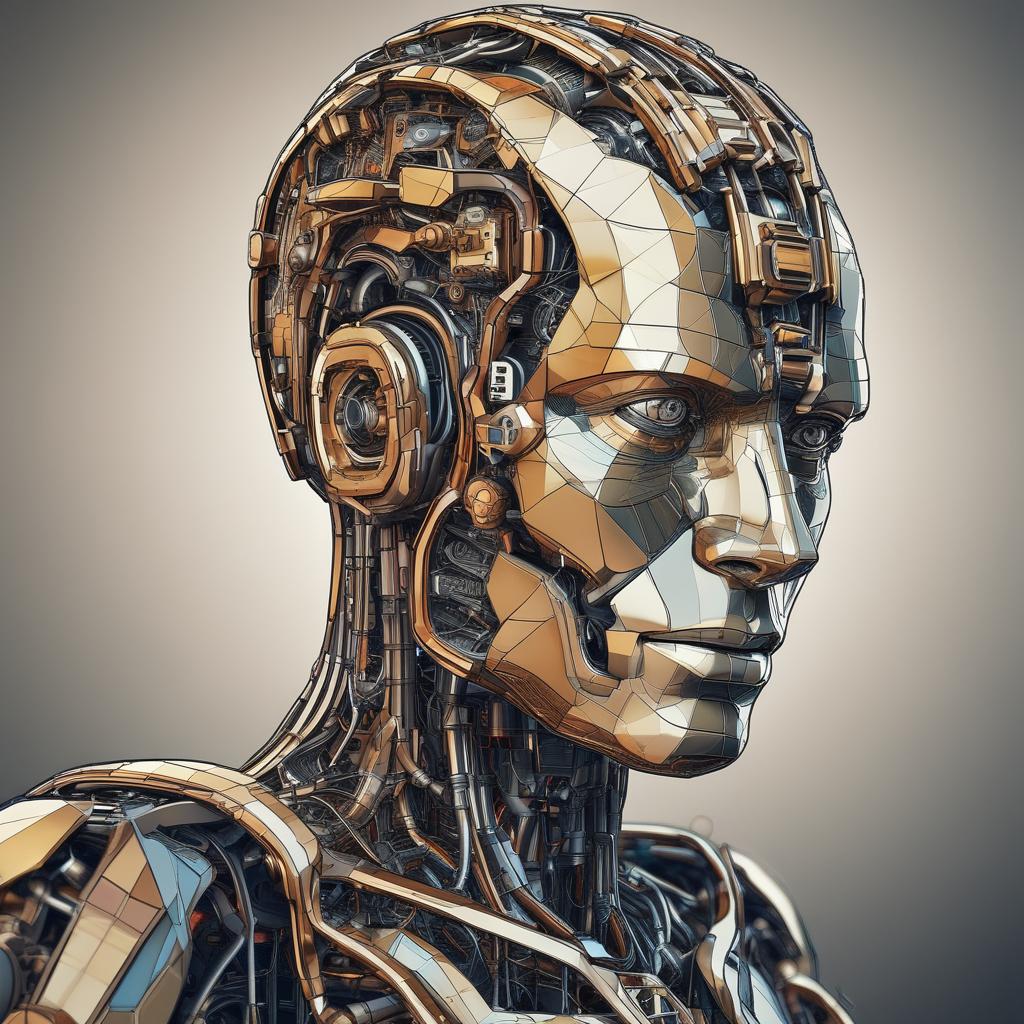The fusion of artificial intelligence (AI) and cryptocurrency is transforming the financial landscape, paving the way for smarter, more efficient blockchain applications. As we progress into 2025, AI-driven crypto solutions are reshaping decentralized finance (DeFi), enhancing security, and optimizing trading strategies. But is this integration truly the next big breakthrough, or are we overestimating AI’s role in the blockchain ecosystem? Let’s explore how AI is revolutionizing crypto and the potential risks that come with it.
AI-Powered Smart Contracts: A New Era of Automation
Smart contracts have been a core feature of blockchain technology, enabling automated transactions without the need for intermediaries. However, traditional smart contracts follow rigid, pre-coded instructions that cannot adapt to new conditions. AI-enhanced smart contracts introduce a layer of intelligence, allowing them to self-optimize, analyze data in real-time, and adjust their execution based on evolving market conditions.
These AI-powered contracts can reduce inefficiencies in supply chain management, insurance claims processing, and legal agreements. By incorporating machine learning algorithms, they can assess risks, detect fraudulent activity, and ensure compliance with regulations, making DeFi ecosystems more resilient.
AI in Crypto Trading: Smarter, Faster, More Profitable
The volatile nature of cryptocurrency markets has made AI-driven trading bots an essential tool for investors. Unlike human traders, AI algorithms can process vast amounts of data, identify patterns, and execute trades in milliseconds, capitalizing on opportunities that might otherwise be missed.
Advanced AI models now incorporate natural language processing (NLP) to analyze news sentiment, social media trends, and macroeconomic indicators to predict market movements. This has led to the rise of AI hedge funds and automated trading platforms that outperform traditional investment strategies. However, as AI trading bots become more sophisticated, concerns about market manipulation and fairness continue to grow.
Enhancing Security and Fraud Detection
One of the biggest challenges in the crypto space is security. With hacks, phishing attacks, and rug pulls still prevalent, AI-driven security systems are stepping up to mitigate risks. Machine learning algorithms can analyze blockchain transactions in real-time, detecting anomalies and flagging suspicious activities before they escalate.
AI-powered fraud detection systems are particularly beneficial for crypto exchanges, helping prevent money laundering and ensuring compliance with global regulations. By continuously learning from new threats, these AI systems provide a proactive defense against cybercriminals targeting digital assets.
AI’s Role in Crypto Mining and Energy Efficiency
Crypto mining, especially for proof-of-work (PoW) blockchains like Bitcoin, has been criticized for its environmental impact due to high energy consumption. AI is now being used to optimize mining operations by improving energy efficiency, predicting hardware failures, and automating cooling systems to reduce waste.
Moreover, AI-driven algorithms are enhancing consensus mechanisms, allowing for more sustainable blockchain models. Some newer projects are integrating AI into proof-of-stake (PoS) and hybrid consensus mechanisms to make mining and transaction validation more efficient and eco-friendly.
The Risks and Ethical Dilemmas of AI in Crypto
While AI brings numerous advantages, it also introduces risks. The reliance on AI in trading and security raises concerns about transparency, as complex machine-learning models often function as “black boxes” with decision-making processes that are difficult to interpret. This lack of transparency can lead to distrust, especially in decentralized ecosystems where openness is a fundamental principle.
Another concern is the potential for AI-driven financial manipulation. If AI-powered trading bots dominate the market, they could contribute to price distortions, flash crashes, and unfair market advantages for institutional investors over retail traders.
Additionally, the intersection of AI and privacy-focused cryptocurrencies poses ethical questions. While AI enhances security, it can also be used for mass surveillance and data tracking, which conflicts with the decentralized ethos of blockchain technology.
The Future: A Synergistic Relationship?
As AI continues to evolve, its role in crypto will likely expand, bringing new innovations and challenges. The key to success lies in finding a balance between automation and decentralization. Proper regulatory frameworks, ethical AI development, and transparency initiatives will be crucial in ensuring that AI-driven blockchain solutions benefit the broader ecosystem without compromising fairness and security.
For investors, developers, and blockchain enthusiasts, the AI-crypto synergy represents an exciting frontier. Those who navigate it wisely may find themselves at the forefront of the next financial revolution, while those who fail to understand its implications may be left behind. In this ever-changing landscape, knowledge and adaptability remain the most valuable assets.
